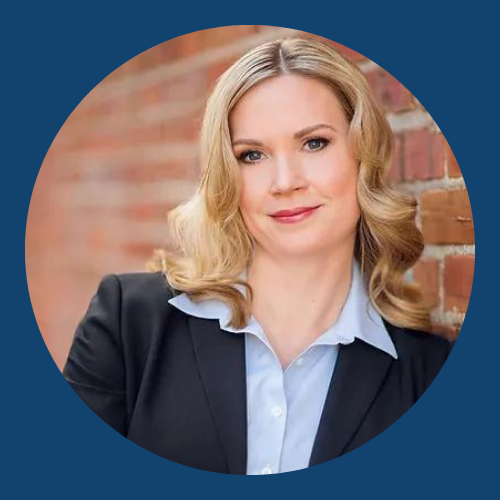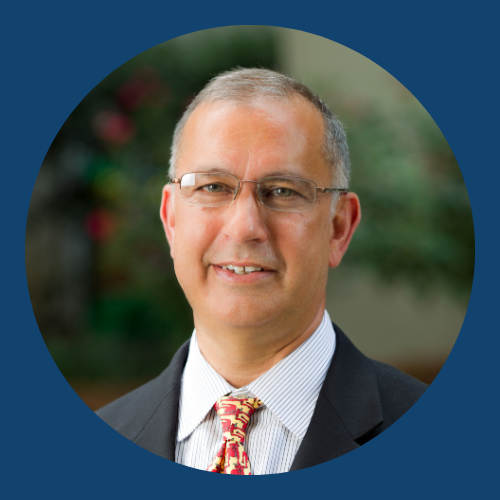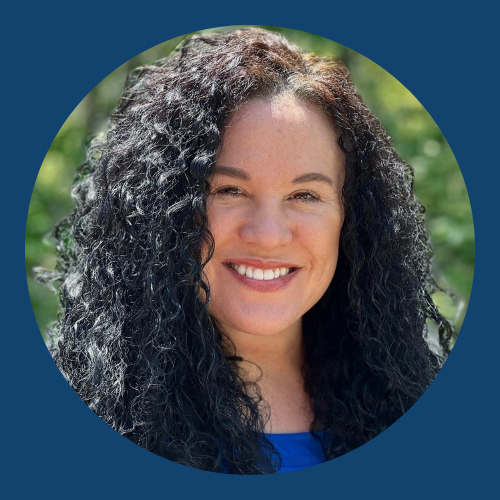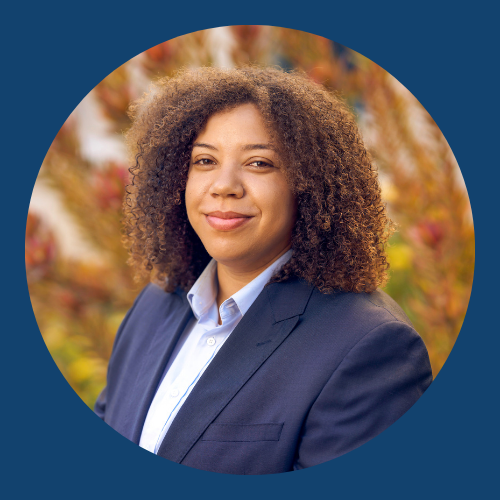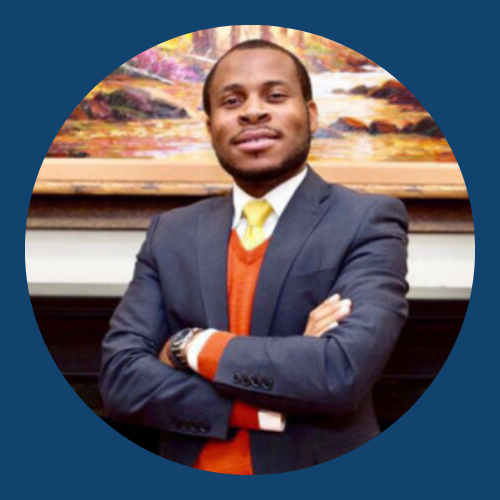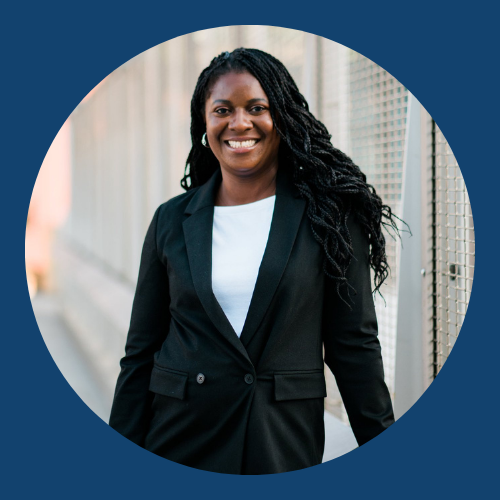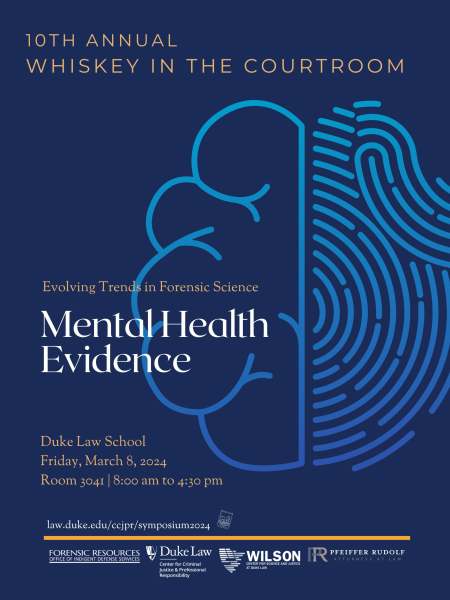2024 Symposium: Whiskey in the Courtroom
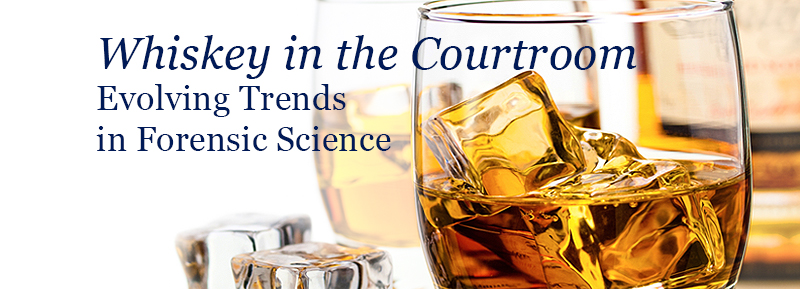
THANK YOU for another memorable year!
If you have any follow up questions, please email Marlyn Dail at marlyn.dail@law.duke.edu.
WHISKEY TURNS 10!
Indigent Defense Services, the Duke Law Center for Criminal Justice and Professional Responsibility, and the Wilson Center for Science and Justice are pleased to announce the tenth annual CLE, "Whiskey in the Courtroom: Evolving Trends in Forensic Science." Whiskey 10 will take place in person on March 8, 2024 at Duke Law School.
Forensic science experts and attorneys who have litigated cases involving complex scientific evidence will present on a range of topics to help attorneys understand the latest trends in forensic evidence, limitations to this evidence, and legal challenges that can be made. This year the program will have a special focus on Mental Health Evidence. A special thank you this year to Pfeiffer Rudolf for helping sponsor the program. The program is expected to carry 6.25 CLE hours, including one hour of mental health and one hour of ethics credit.
SPONSORS: Indigent Defense Services, Duke Law Center for Criminal Justice and Professional Responsibility, Wilson Center for Science and Justice, and a special sponsor thank you this year to Pfeiffer Rudolf.
| Agenda | |
|---|---|
|
Friday, March 8, 2024 8:00-8:45 am |
Registration and Posters |
|
8:45-9:00 am |
Opening Remarks & Exhibitor Introductions |
|
9:00-10:15 am
Amy James, PsyD |
Analyzing Child Forensic Interviews In this session Dr. James will discuss best practices for child forensic interviewing, including research-based protocols to enhance reliability, basic guidelines for questioning, and the necessity of exploring alternative hypotheses. Dr. James will also explore ways to challenge the forensic interview and its findings. |
|
10:15-11:15 am
Hayley Cleary, MPP, PhD |
Litigating Adolescence: What Attorneys Need To Know About Adolescent Interrogations And False Confessions Rapidly evolving developmental neuroscience research has advanced our understanding about how young people think and behave. At the same time, social science research on police interrogations has illuminated youths' developmentally driven vulnerabilities in police interrogations. This presentation will discuss how and why young people are more susceptible to false or coerced confessions. Specifically, we will address adolescent brain development, Miranda issues, confession contamination, and the complicated role of parents in this context. |
|
11:15-11:30 am |
Break |
|
11:30-12:30 pm
Mark Rabil, JD
Carla Huff, MEd, MSW, LCSW |
Secondary Traumatic Stress The work of attorneys on behalf of clients experiencing tragedies and difficulties can be very rewarding, challenging, stressful and traumatizing. It is time to "normalize" discussions about the impact of attorney exposure to other’s traumatic experiences. Secondary traumatic stress (STS) from listening to the trauma stories of others has a high cost impacting physical, emotional, mental, and psychological well-being. Although we may not be able to change or fix the world of law and litigation, we can take steps to promote resilience and reduce the multi-faceted impacts that chronic exposure to trauma has on overall health. By being open to have both the honest and difficult conversations on impact, there can be opportunities for addressing and changing the courthouse milieu. |
|
12:30-1:15 pm |
Lunch |
|
1:15-2:15 pm
Elana Fogel, JD |
Experts & Theory-Driven Advocacy This session will explore the strategic and practical considerations of working with experts – whether your own or the state’s – to support your theory of the case. Our discussion will range from the fundamentals of Rule 702 and admissibility to creative potential uses of experts. We will also share tools for identifying when you need an expert and what type, as well as crafting effective referral questions and vetting the cultural competency of potential experts. Finally, we will discuss building rapport and trust with your expert and navigating the impact of adding an expert to your attorney-client relationship. |
|
2:15-3:15 pm
Akin Adepoju, JD, LLM |
Expert Ethics This session will explore the testifying role and non-testifying role of experts. We will focus on the ethical implications of disclosing expert reports and disclosing expert consultation, as well as ethical dilemmas related to using experts and discovery-related issues. This presentation also discusses the Rules of Professional Responsibility as they apply to lawyer-directed vs. client-directed decision-making when mental disease or defect is present. |
|
3:15-3:30 pm |
Break |
|
3:30-4:30 pm
Apryl Alexander, PsyD, ATSA-F |
Trauma-Informed Lawyering: Incorporating Social Science Into Practice Research reveals approximately 90% of juvenile justice-involved youth have experienced one or more types of traumatic events in childhood; one study found that two-thirds of detained youth had experienced two or more potentially traumatic childhood events. As various systems are striving to incorporate trauma-informed care into practice, trauma-informed lawyering is an essential area of need for at-promise youth and adult clients. The presentation will discuss the importance of trauma-informed justice practices by realizing the impact of trauma, recognizing symptoms of trauma and types of trauma justice-involved clients have experienced, and integrating this social science research into courts. |
|
4:30 pm |
Closing Remarks |
|
Continuing Education Credit: Approved for 6.25 CLE credits (1 hr Substance Abuse and Mental Health and 1 hr Ethics and Professional Responsibility) for participants and for three years of the Capital Defender's Office CLE requirements. |
|
